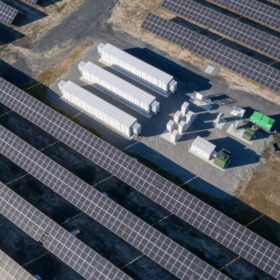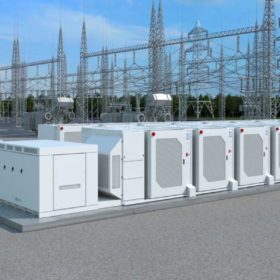Public-private partnerships (PPPs) can play a crucial role in driving sustainable transportation in India, particularly in the electric vehicle (EV) sector. With its fast-growing economy and rapidly increasing urbanization, India is facing significant challenges in terms of air pollution and greenhouse gas emissions. EVs can help mitigate these challenges by reducing emissions and improving air quality. PPPs can facilitate the development of EV infrastructure, promote EV adoption, and drive innovation and technology development in the sector.
PPPs can play a vital role in developing EV infrastructure in India, including charging stations, by leveraging the strengths of both the public and private sectors. The private sector can provide financing and technical expertise, while the public sector can provide regulatory and policy support to ensure that the infrastructure is deployed efficiently and effectively. In 2020, the Indian government announced a partnership with private companies to set up thousands of EV charging stations across the country, with the private sector providing financing and technical expertise, while the public sector provided regulatory and policy support.
PPPs can also help address the financing gap for EV adoption in India. The high upfront cost of purchasing an EV is a significant barrier for many consumers. However, PPPs can help provide financing options such as low-interest loans and lease programs to make EVs more affordable. In 2015, the Indian government launched the Faster Adoption and Manufacturing of (Hybrid &) Electric Vehicles (FAME) scheme, which provides financial incentives to consumers for purchasing EVs and subsidies for charging infrastructure development. Approximately 278,000 xEVs received a total of approximately INR 343 crores of incentives during the first phase of the scheme.
PPPs can also drive innovation and technology development in the EV sector in India. By bringing together the private sector’s expertise and the public sector’s policy support, PPPs can support the development of new technologies and solutions to improve the performance, efficiency, and affordability of EVs. For example, advanced features such as remote monitoring, digital payment systems, and real-time information on charging status can be implemented. In 2019, the Indian government partnered with private companies to launch a pilot project for battery swapping technology, which allows EV users to exchange their depleted batteries for fully charged ones at designated swapping stations. This technology could potentially address the issue of long charging times for EVs and promote EV adoption.
To fully realize the potential of PPPs in driving sustainable transportation in India, there is a need for strong policy support, effective regulatory frameworks, and transparent governance mechanisms. PPPs should be designed to ensure that both the public and private sectors are aligned in terms of objectives, incentives, and risk-sharing arrangements. In addition, there should be clear guidelines for assessing the social and environmental impacts of PPP projects and mechanisms for public participation and accountability.
PPPs can play a critical role in driving sustainable transportation in India, particularly in the EV sector. By leveraging the strengths of both the public and private sectors, PPPs can facilitate the development of EV infrastructure, promote EV adoption, and drive innovation and technology development in the sector. With strong policy support and effective regulatory frameworks, PPPs can help India achieve its ambitious target of having almost 8 crore EV sales by 2030, and contribute to the country’s efforts to mitigate air pollution and reduce greenhouse gas emissions.
The views and opinions expressed in this article are the author’s own, and do not necessarily reflect those held by pv magazine.
This content is protected by copyright and may not be reused. If you want to cooperate with us and would like to reuse some of our content, please contact: editors@pv-magazine.com.








1 comment
By submitting this form you agree to pv magazine using your data for the purposes of publishing your comment.
Your personal data will only be disclosed or otherwise transmitted to third parties for the purposes of spam filtering or if this is necessary for technical maintenance of the website. Any other transfer to third parties will not take place unless this is justified on the basis of applicable data protection regulations or if pv magazine is legally obliged to do so.
You may revoke this consent at any time with effect for the future, in which case your personal data will be deleted immediately. Otherwise, your data will be deleted if pv magazine has processed your request or the purpose of data storage is fulfilled.
Further information on data privacy can be found in our Data Protection Policy.